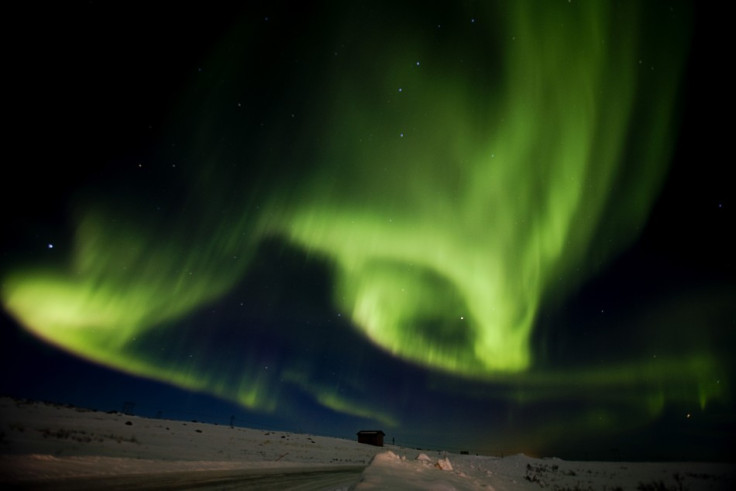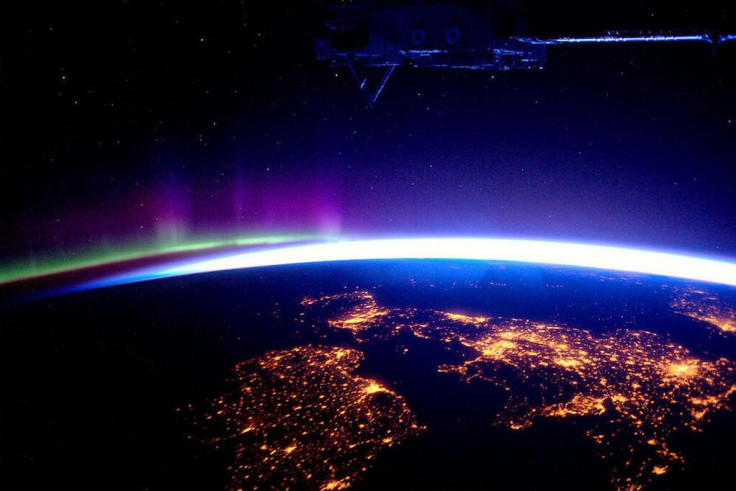Northern Lights 2014: Where to Watch Aurora Borealis in UK

A sun storm that occurred on 7 January has sent coronal mass ejection, or CME, towards the Earth causing Northern Lights in the US and is expected to illuminate the skies of southern Britain as well.
NASA's Solar Dynamics Observatory captured sun emitting a significant solar flare peaking at 1:32pm EST (6:32pm GMT) on 7 January, the first significant flare of 2014.
The solar flare sent CME at several hundred miles per second to Earth that is expected to cause strong geomagnetic storm on Earth including the creation of Northern Lights, though the radiation from the flare cannot pass through Earth's atmosphere to physically affect humans on the ground.
According to Space Weather Prediction Center, the sun storm is now affecting Earth but the resulting geomagnetic storm is off to a modest start with no substantial storming occurring so far. However, stronger storming is likely.
"The initial structure of this CME has been relatively weak in strength, but that said, it generally takes on the order of 24 hours or more for the full event to transpire and stronger storming is certainly still possible," it said in an update.

What are Northern Lights?
Northern Lights, or Aurora Borealis, are actually energy released in the form of colourful lights and are seen in skies at dusk.
The CME from the explosion on the Sun's surface results in a collision between solar wind, ion flow, the Earth's magnetic field and atmospheric atoms and molecules. This causes energy released in the form of colourful lights, called the Northern Lights.
Where to watch Auroras
This year's first significant Northern Lights can be seen in parts of Scotland, northern Scandinavia, southern Wales and parts of southern England on 10 January.
"We're not sure how strong the storm will be but if it follows predictions there's a good chance of seeing it southern Britain," Joe Kunches, of The Space Weather Prediction Center (SWPC) in Colardo told Sky News.
For those who can't make it to the places mentioned above, can watch the Northern Lights live online on the live stream footage of Canadian Space Agency. Click here to watch.
© Copyright IBTimes 2025. All rights reserved.





















